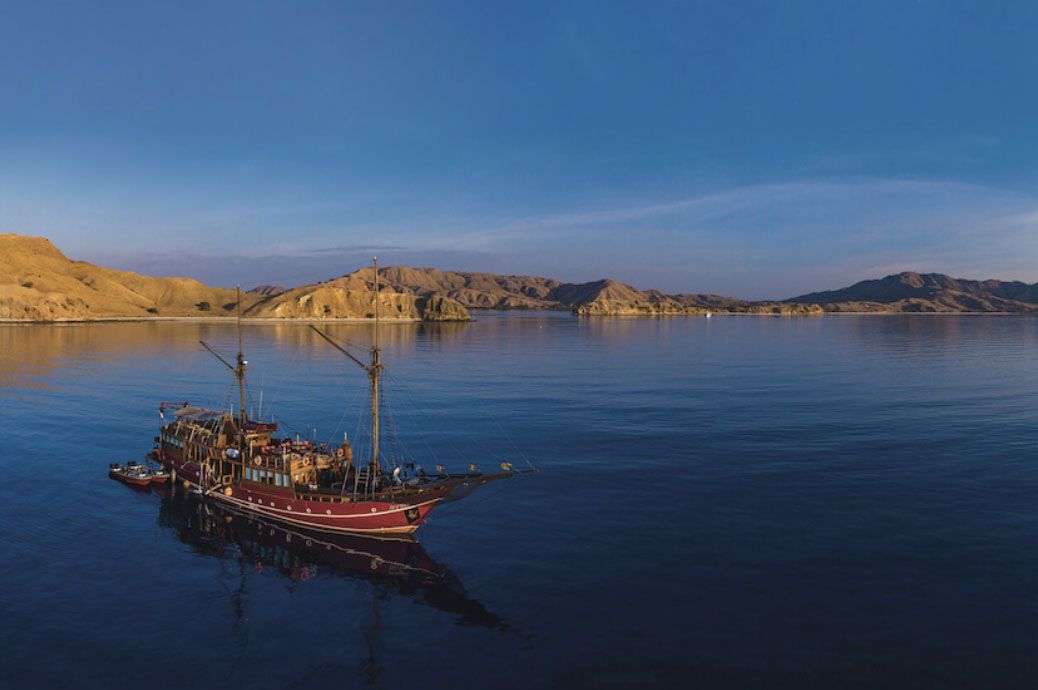The Arenui Announces Renovations during Pandemic Travel Bans
Very warm wishes from the Arenui Team!
We hope that you and your loved ones are well during these past few, COVID-19 affected months. Although we are in another part of the world and the situation has meant different things to us all, we've all been impacted. But with every cloud, can come a silver lining.
What can you expect to see once you’re onboard?...














